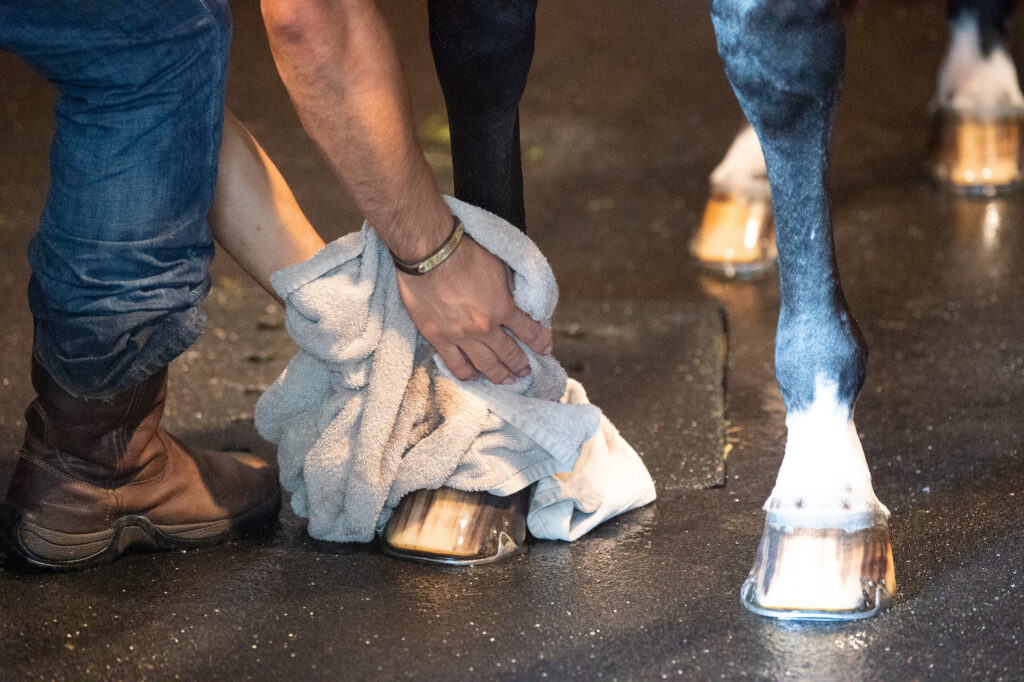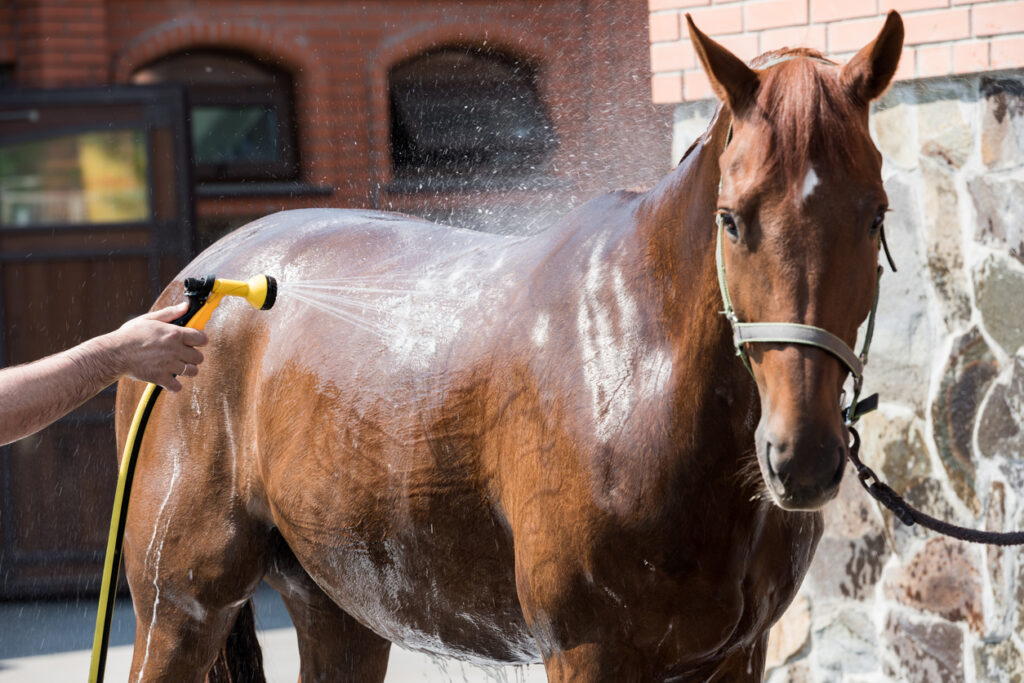Making your own homemade horse shampoo can be a rewarding and satisfying experience, especially for equestrian enthusiasts who are passionate about providing the best care for their horses. In this guide, we will explore the various benefits of creating DIY horse shampoo and provide detailed instructions on how to make it. Whether you are looking to save money, reduce the use of chemicals, or simply enjoy a new DIY project, this article is for you.

Why Choose Homemade Horse Shampoo?
There are several reasons why many horse owners opt to make homemade horse shampoo. Here are a few:
Cost-Effective
Purchasing commercial horse shampoos can be expensive, especially if you have multiple horses. By making your own shampoo, you can significantly reduce costs while still ensuring your horse’s coat remains clean and healthy.
Natural Ingredients
Many commercial products contain harsh chemicals that can irritate your horse’s skin. By using natural ingredients, you can avoid these irritants and create a shampoo that is gentle and nourishing.
Customization
Every horse is different, and their grooming needs can vary. Making your own shampoo allows you to customize the formula to suit your horse’s specific needs, such as dry skin or sensitive skin.
Ingredients Needed for Homemade Horse Shampoo
Before you start making the shampoo, gather the following ingredients:
- Castile soap: A gentle and effective cleaning agent.
- Apple cider vinegar: Helps balance the pH of your horse’s skin and coat.
- Essential oils: Choose oils like lavender or tea tree for added benefits.
- Olive oil or coconut oil: Adds moisture and shine to the coat.
- Water: To dilute the ingredients and create the right consistency.
Step-by-Step Guide to Making Homemade Horse Shampoo
Step 1: Mix the Ingredients
In a large mixing bowl, combine 1 cup of castile soap, 1/4 cup of apple cider vinegar, and 2 tablespoons of olive or coconut oil. Stir the mixture until the ingredients are well blended.
Step 2: Add Essential Oils
Add 10-15 drops of your chosen essential oil to the mixture. Essential oils not only add a pleasant scent but also provide additional benefits, such as repelling insects or soothing irritated skin.
Step 3: Dilute with Water
Gradually add 2 cups of water to the mixture, stirring continuously. Adjust the amount of water based on the desired consistency of the shampoo.
Step 4: Store the Shampoo
Pour the mixture into a clean, empty bottle with a secure lid. You can use an old shampoo bottle or a similar container. Label the bottle with the date and ingredients for future reference.
Using Homemade Horse Shampoo
Now that you have made your own horse shampoo, it’s time to use it. Here are some tips for effectively shampooing your horse:
Pre-Wash Preparation
Before applying the shampoo, ensure your horse is properly groomed. Brush out any tangles and remove excess dirt from the coat. This will make the washing process more effective and prevent the shampoo from getting trapped in the hair.
Applying the Shampoo
Wet your horse’s coat thoroughly using a hose or bucket of water. Apply a generous amount of the homemade shampoo to your horse’s coat, starting from the neck and working your way down. Use your hands or a soft sponge to massage the shampoo into the coat, creating a lather.
Rinsing
Once you have thoroughly lathered the coat, rinse the shampoo out completely using clean water. Ensure that no residue is left behind, as this can cause irritation. Pay extra attention to areas such as the mane and tail.
Additional Tips for Horse Grooming
For more horse grooming tips, check out shampooing techniques and choosing the right horse shampoo for your equine friend. Also, ensure your horse is well-hydrated and fed by following our hydration and feeding guide.
FAQs
Can I use human shampoo on my horse?
It’s not recommended to use human shampoo on horses, as their skin has a different pH level. Using products specifically designed for horses or homemade horse shampoo is a better choice.
How often should I shampoo my horse?
The frequency of shampooing depends on your horse’s specific needs and activities. Generally, bathing once a month or during shedding seasons is sufficient.
What if my horse has sensitive skin?
If your horse has sensitive skin, use mild ingredients and avoid harsh chemicals. Consider consulting a veterinarian for personalized advice.

Conclusion
Creating your own homemade horse shampoo is a practical and rewarding endeavor that can benefit both you and your horse. With natural ingredients and a personalized approach, you can ensure your horse’s coat remains healthy and shiny. For more grooming tips, visit the 5 Mistakes to Avoid blog.
This article contains affiliate links. We may earn a commission at no extra cost to you.
